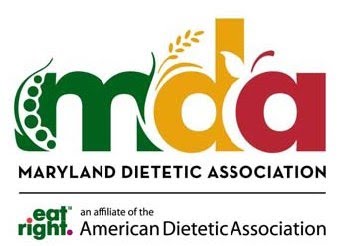The US Department of Agriculture recently held its largest convention on organic farming. The "Organic Farming Systems Research Conference" was held March 16-18, 2011 in Washington, DC. The conference was sponsored in order to "examine findings from research on organic farming systems, including many longstanding projects. The audience included researchers, policymakers, farmers, ranchers, and others who are interested in exploring the implications of organic farming systems research."
Although the majority of the research presented at the conference pertained to farming systems, production, profitability and the like, a few of the studies addressed compared nutritional value of some food items produced organically versus conventionally. For instance:
- A 10-year study at UC Davis found that mean levels of two bioflavinoids, quercetin and kaempferol, were 79% and 97% higher, respectively, in organic tomatoes. Moreover, the levels of these bioflavinoids increased over time in the samples taken from the organic fields [1].
- Researchers in the Texas area discovered that grapefruits raised organically contained higher levels of ascorbic acid, some flavonoids, sugars, and were lower in nitrates [1].
- Studies conducted at Washington State University found that organic strawberries have higher levels of ascorbic acid and antioxidants. In addition, this study also observed that organic soils were higher in total carbon and nitrogen, contained larger microbial biomass, as well as activity, and greater amounts of micronutrients [1].
- A study published in the British Journal of Nutrition found that mothers consuming mostly organic milk and meat products had approximately 50% higher levels of rumenic acid, and thereby conjugated linoleic acid, in their breast milk [1].
- An investigation examining children eating either conventional or organic foods found that, after eating organic foods for 5 days, the levels of organophosphorous metabolites (i.e. pesticide metabolites) in their urine decreased to levels undetectable [2].
As dietitians, we are often taught that organic production systems may provide environmental benefits. However, making the choice to "go organic" is confounded by not only by environmental, but social, political, economical, and ethical implications as well. As organic research increases, it will be interesting to observe whether organic goods are truly nutritionally superior.
What do you think? Will this research affect what you communicate to your patients?
References
[1]. What is Organic Food and Why Should I Care? University of Minnesota Southwest Research and Outreach Center. 2010. Obtained via USDA Organic Farming Systems Research Conference. 16 March 2011.
[2]. Mahan KL. Escott-Stump S. Krause's Food and Nutrition Therapy. 2008. 12th Edition. Saunders Elsevier. 331.
Check out information from the conference here
Check out more information on the National Organic Program here



